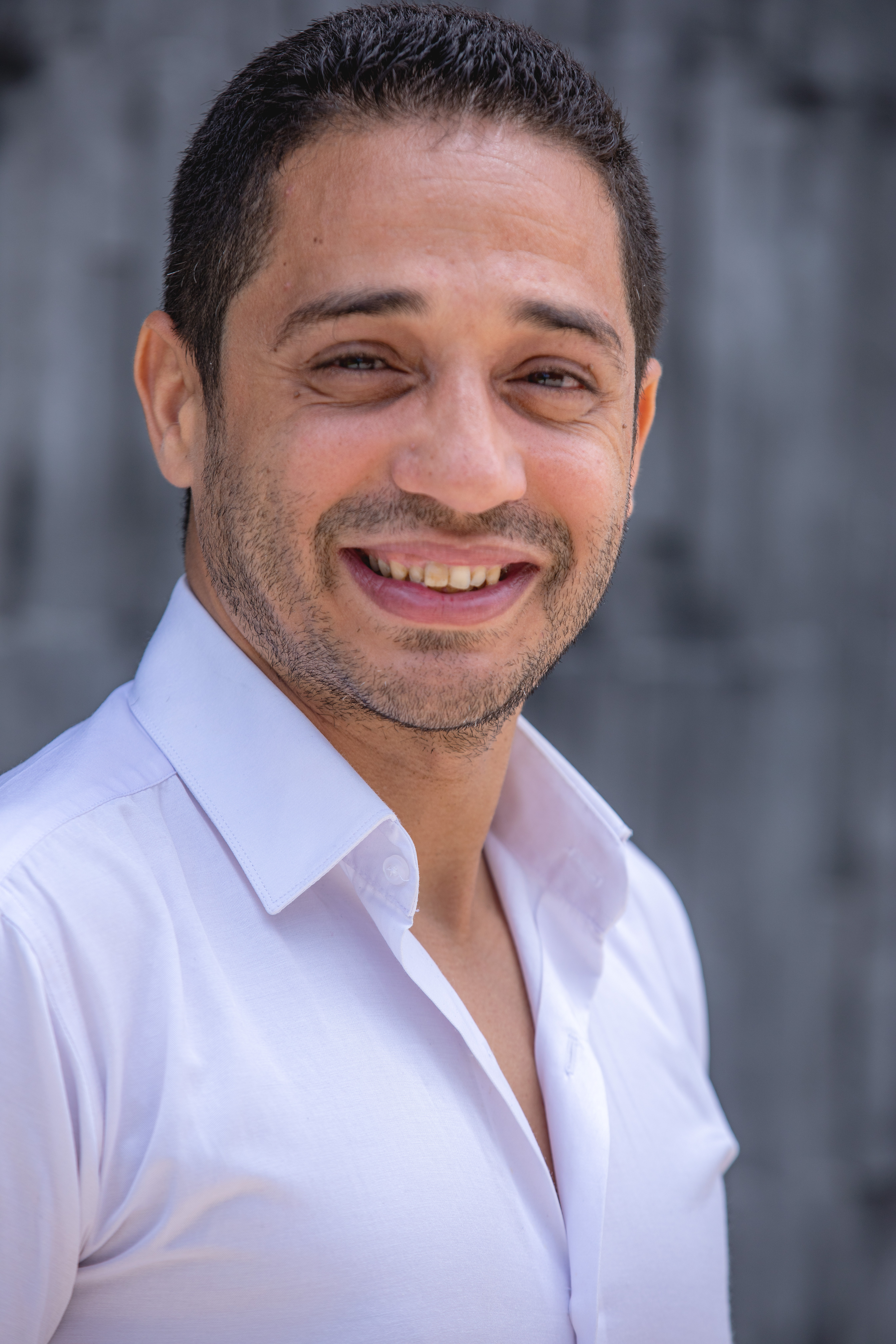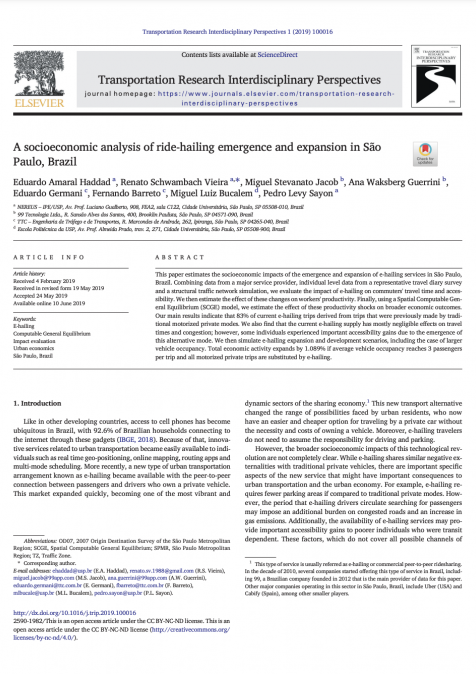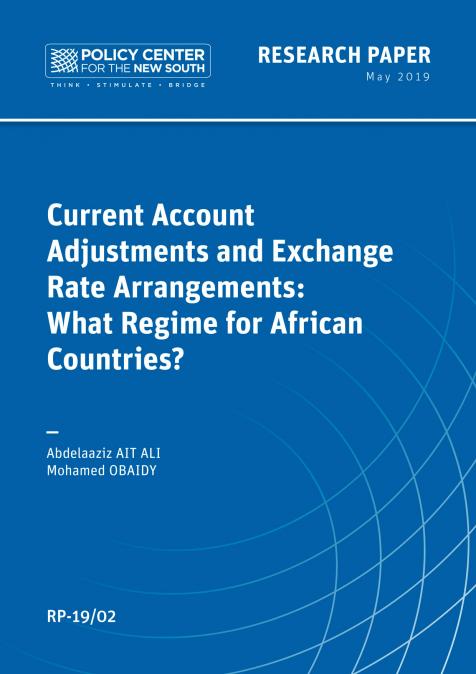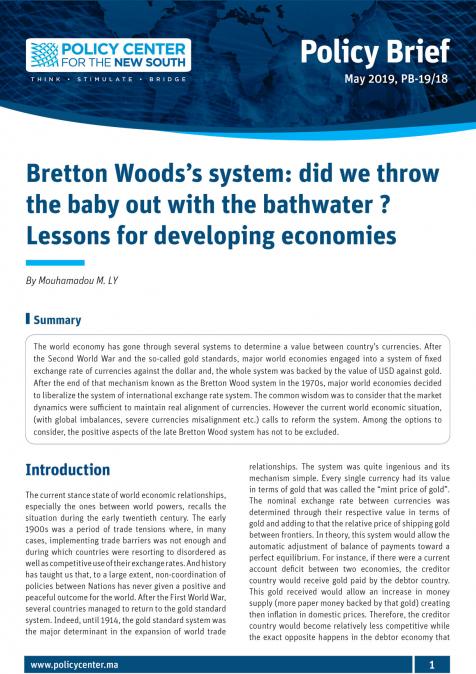عندما نتحدث عن خارطة طريق الهيدروجين الأخضر أو خطة الطاقة الخضراء، غالبا ما نربط هذه المشاريع كبنية تحتية ضخمة لإنجازات الدولة خارج إطار المقاربة التشاركية. فكيف يتناسب المواطنون مع هذه المشاريع الإستراتيجية الكبيرة كعامل نشيط وليس فقط كفئة مستهدفة؟ هل هذا القطاع فعلا يضم جميع الأطراف الفاعلة من مؤسسات وصية على القطاع ومجتمع مدني وأفراد المجتمع في حكامته؟
إلـى غايـة الآن، تولـت الدولـة تدبيـر الانتقـال الطاقـي، فـي إطـار المشـاريع الكبـرى، دون إشـراك المواطنيـن والمجتمـع المدنـي والمجـالات الترابيـة. ومـن أجـل انتقـال طاقـي ناجـح، سـيكون مـن الضروري وضـع المجالات الترابيـة والمواطـن فـي قلـب سـيرورة اتخـاذ القرار عبر إدمـاج مفهـوم الانتقـال الطاقـي فـي إعـداد برامـج التنميـة الجهويـة، إدمـاج المواطـن الـذي يشـكل فـي نهايـة المطـاف، الحلقـة النهائيـة فـي سلسـلة القيمـة، سـواء فـي مقاولـة أو أنشـطة مـدرة للدخـل أو داخـل الأسر، إضافة إلى الاسـتثمار فـي أدوار التحسـيس والتعبئـة التـي يضطلـع بهـا المجتمـع المدنـي مـن أجـل النهـوض بالممارسـات المسـؤولة فـي مجـال الطاقـة. إضافة إلى الاسـتفادة مـن المقاربـة التشـاركية خـلال وضـع برامـج التنميـة الجهوية مـن أجل الإعداد القبلـي للمقبولية الاجتماعيـة للمشـاريع وتوفيــر جميــع الشــروط اللازمة لتمكيــن المجتمــع المدنــي مــن لعــب دوره علــى أحســن وجــه، بصفتــه مســاهما فــي إعــداد وتتبــع وتقييــم البرامــج، لاســيما علــى صعيــد المــوارد البشــرية والماليــة.








